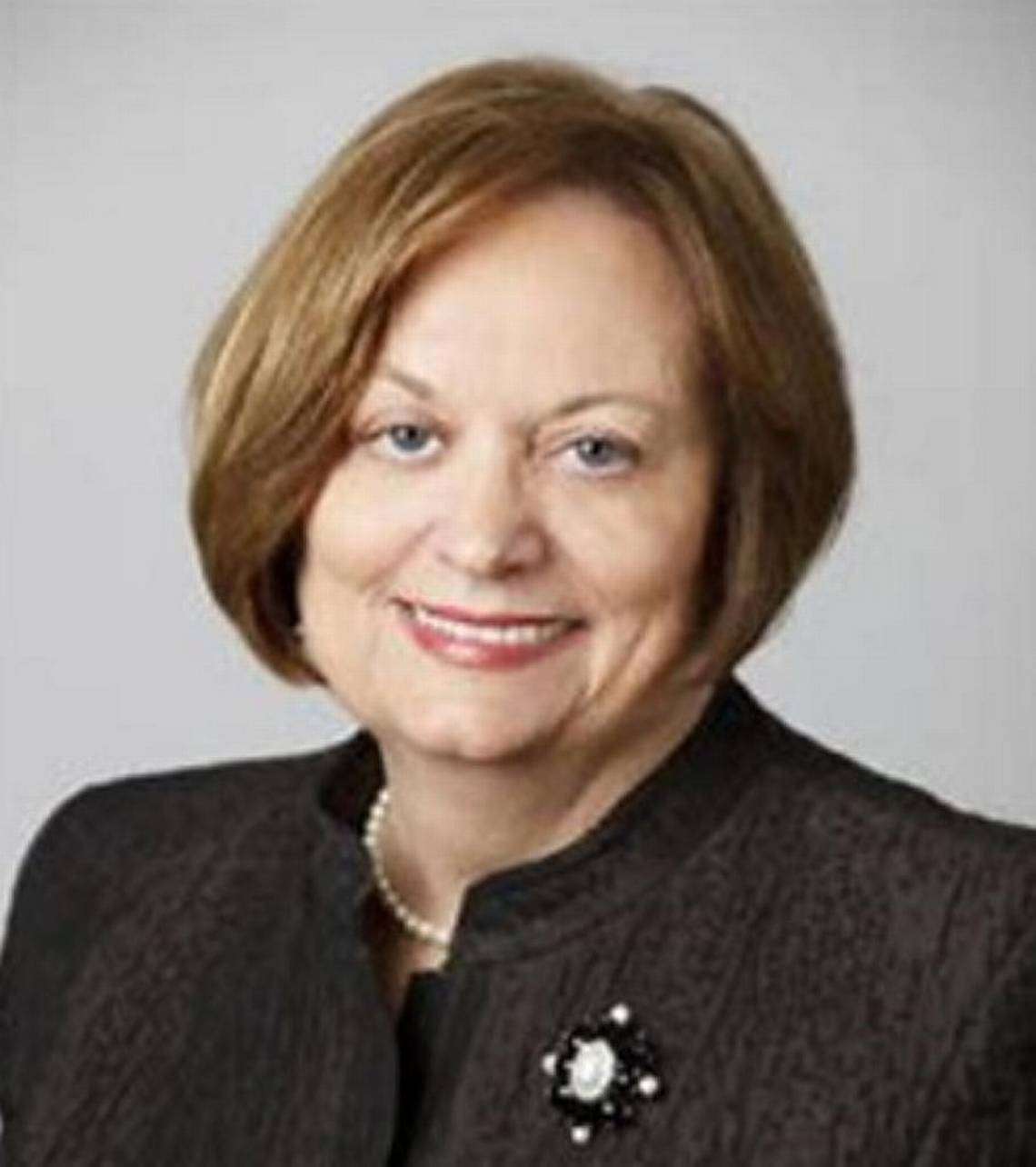
If passed into law, can Education Saving Accounts and tax credit vouchers withstand a constitutional challenge? That’s a question rolling around the state house.
The concern, at this point, is speculation since these two school choice bills have yet to go to Governor Kelly for her signature or veto.
The ESA bill currently creates a fund for families to use taxpayer dollars for private and homeschooling expenses. In its first year, the program would be available to public school students testing at the lowest grade level or receiving free or reduced-price lunch. Eventually families of four making $180,000 per year or more would be eligible.

The tax credit bill enlarges the current tax credit scholarship fund. Fully implemented, it would give about $5,000 per qualifying student per year to attend any accredited or unaccredited private school or use for other educational expenses.
Donors to the scholarship fund could apply for a 70 percent tax credit. Currently the fund is limited to low income, low performing students but the 2023 bill would expand incrementally to include almost all student applicants regardless of parent’s income, including students who always have attended a private school or been homeschooled.
Currently 11 states allow various types of ESAs, and 20 states allow tax credit scholarships.
Do ESAs that directly fund private schools with public tax dollars and scholarships that indirectly reduce education funds through tax credits violate the Kansas Constitution?
Tax Credit scholarships may more easily withstand legal challenges because they are funded by donations. The loss to the state comes from fewer tax dollars collected due to the refundable tax credits. ESAs are directly funded from tax dollars budgeted for education. Both bills siphon public funds from public schools.
Here are reasons for concern: First, the Kansas Constitution creates a single system of common schools.
Article 6: (1) “The legislature shall provide for a state board of education which shall have general supervision of public schools, educational institutions and all the educational interests of the state.”
The proposed bills create two separate systems—one governed by the state board of education and a new system governed by the Kansas treasurer to administer the scholarships and ESAs.
Second, Article 6: 2 (a) states, “The state board of education shall perform such other duties as may be provided by law.”
Currently there are no laws that direct the state board of education to oversee schools other than public schools. Moreover, proponents of the bills advocate a main value is that funds would go to schools governed by the state treasurer not the state board of education.
Third, the Kansas constitution is clear. Article 6: 6 (c) “No religious sect or sects shall control any part of the public educational funds.”
Recently the U. S. Supreme Court ruled in Carson v. Makin to require states to fund private religious schools if the states fund any other private schools.
Chief Justice John Roberts wrote in his majority opinion that the ruling does not require states to fund private schools—but once they do, religious schools can’t be excluded.
In January an Ohio lawsuit challenging the state’s voucher program moved forward to Franklin County Court. More than 100 school districts signed onto the lawsuit advocating a "secure" and single "system of common schools.”
Who among us would want another long, costly constitutional confrontation over Kansas schools? Nevertheless, this battle may be ongoing well into the future.
Sharon Hartin Iorio is Dean Emerita Wichita State University College of Education.



